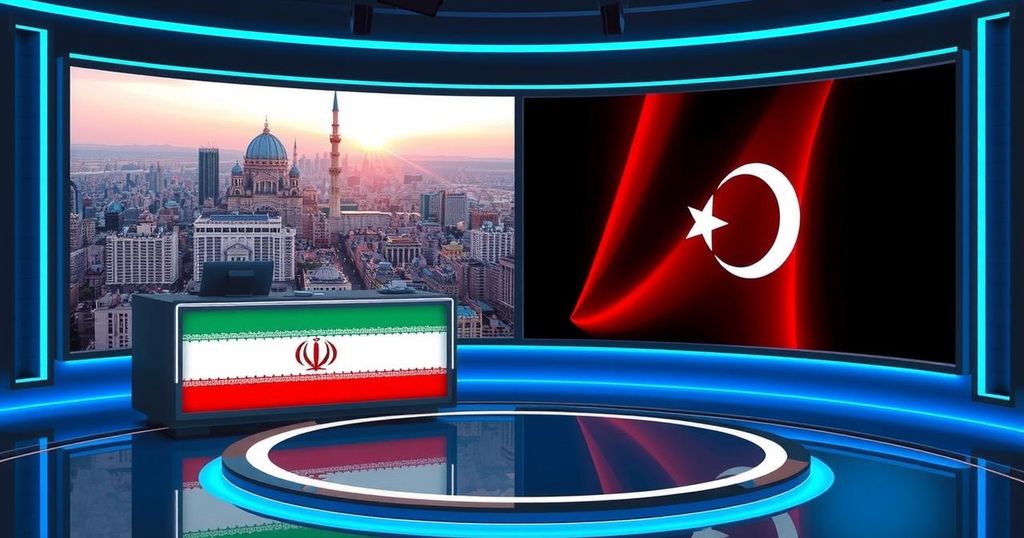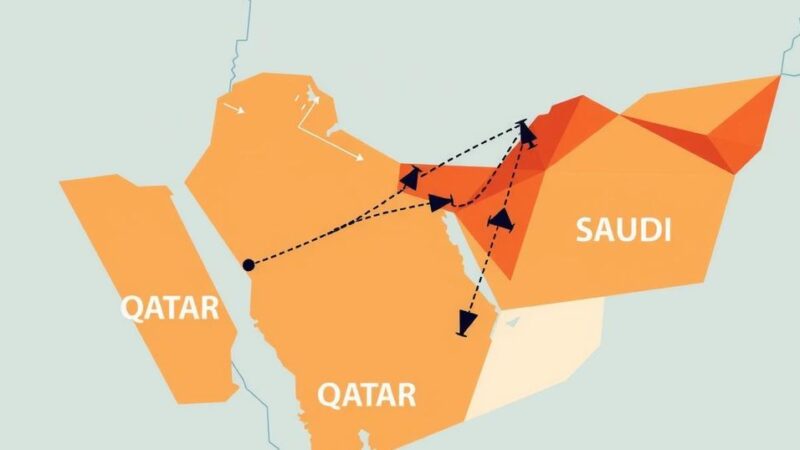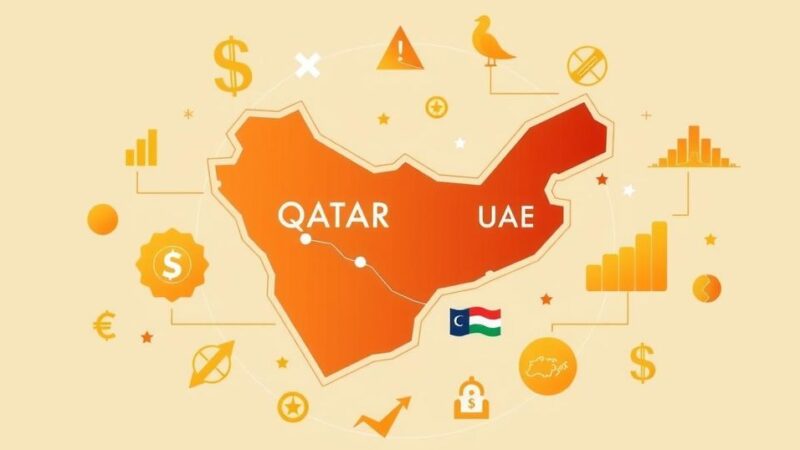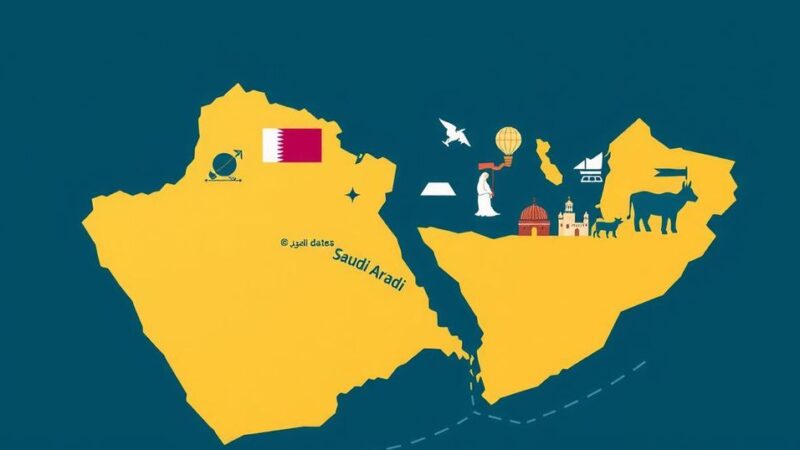TRT launched its Persian-language service, TRT Farsi, on December 18, expanding its international media reach and targeting Iranian audiences amidst strained Turkey-Iran relations. The service aims to connect with over 130 million Persian speakers globally while challenging Western media dominance and emphasizing shared cultural heritage. The initiative has been met with a mixture of optimism and controversy regarding its broader implications in regional politics.
On December 18, Turkey’s state broadcaster TRT unveiled its new Persian-language service, TRT Farsi, marking a notable expansion of its international outreach amid increasing tensions with Iran. This launch adds to a growing number of foreign language services directed at Iran, which includes established entities such as Iran International, BBC Persian, and the VOA Farsi service. The initiative aims to connect with over 130 million Persian speakers globally, positioning TRT as a significant player in the Persian media landscape.
Fahrettin Altun, head of Turkey’s Presidential Communications Directorate, emphasized the cultural link between Turkey and Iran during the launch event in Ankara, stating, “The connection between two ancient nations remains powerful despite all challenges. One need only look at Rumi’s Grand Divan to understand the strength of this bond.” TRT Director General Mehmet Zahid Sobaci highlighted the network’s intention to challenge the predominance of Western narratives, asserting, “For years, international media was dominated by a one-sided, Western-centric view. Turkey, under President Erdogan’s leadership, has challenged this monopoly.”
The launch occurs against a backdrop of shifting political dynamics in the region, particularly following the recent instability in Syria and deteriorating relations between Tehran and Ankara. While Sobaci previously characterized the channel’s aims with a contentious tone, he stated at the launch, “Through the Persian language and attention to shared cultural bonds, we seek to strengthen connections between nations. TRT Persian will play an important role in developing communications between Turks and Persian speakers as a credible platform.”
Despite these remarks, the initiative has sparked controversy, particularly concerning Turkish Foreign Minister Hakan Fidan’s comments urging Iran to “learn lessons” from Syrian political changes, which Iranian media have derided as unfounded and sarcastic. TRT boasts substantial engagement metrics, claiming 11 billion views and 8 billion video watches on its existing platforms, and operates an array of channels and radio stations in multiple languages, reinforcing its commitment to diverse media narratives.
The launch of TRT Farsi signifies Turkey’s intent to broaden its influence and counteract the existing foreign media channels that target Iran. This move emerges from the tense geopolitical environment surrounding Turkish-Iranian relations, exacerbated by political upheavals in Syria and broader regional dynamics. Turkey’s drive to reach Persian-speaking audiences aligns with its strategic media expansion efforts, aiming to communicate its narrative and cultural connections effectively.
The establishment of TRT Farsi symbolizes a strategic maneuver by Turkey to enhance its media influence in the Persian-speaking world amidst evolving geopolitical challenges. While aimed at strengthening cultural ties, the service also seeks to present an alternative perspective to established Western media narratives. As it progresses, the TRT’s approach will likely play a vital role in shaping the discourse within the region.
Original Source: www.intellinews.com






